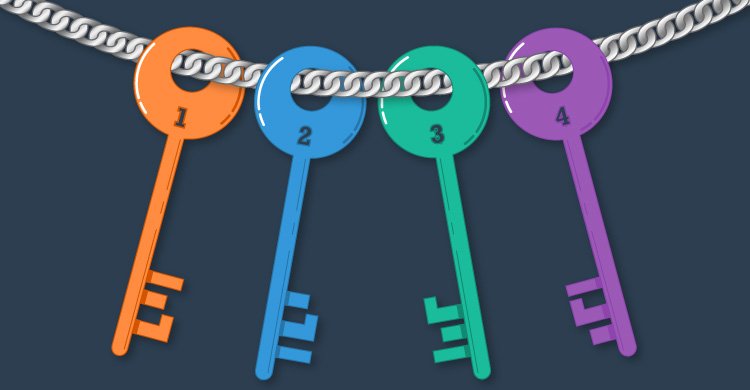Mathematics Leadership Learning: Slow Twitter Chat on ‘Activating the Vision: The Four Keys of Mathematics Leadership’
In order to build and sustain a successful mathematics program, mathematics leaders need to collaboratively
Read More

In order to build and sustain a successful mathematics program, mathematics leaders need to collaboratively
Read More
Do you love Google Maps as much as we do? This one app has changed
Read More
We have so much time and so little to do. Strike that, reverse that. -Roald
Read More
During the last three #mathmonday blogs, we have explored how to set up a mathematics
Read More
Last #mathmonday, we explored the idea of structured versus unstructured and discussed setting up routines, procedures,
Read More